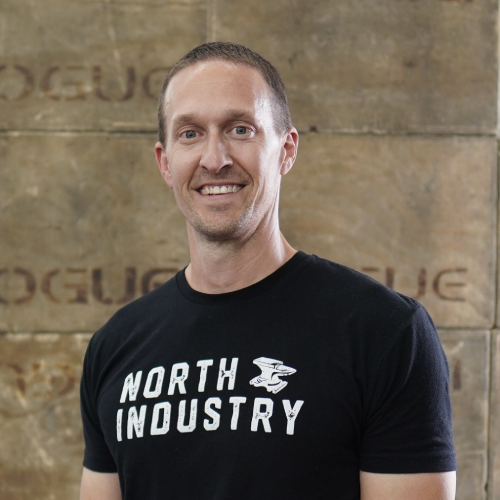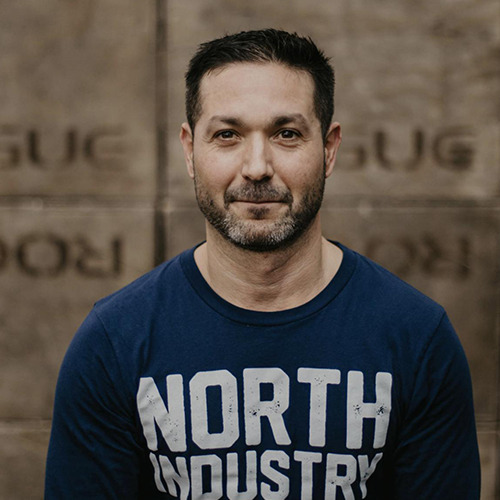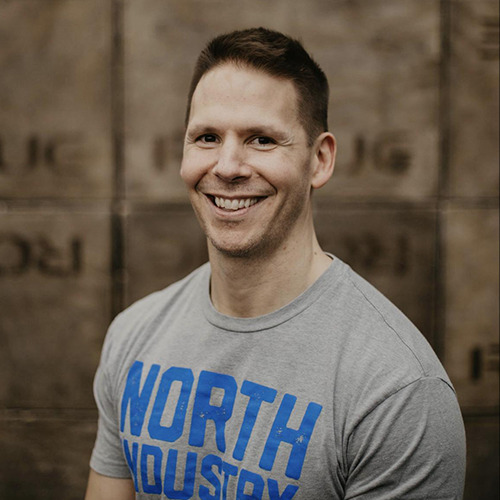As you probably guessed if you follow me at all, I’m going to be a contrarian on this. The answer to what the best diet is… None of them. Because all these canned diets do the same thing: assume that there is a one size fits all solution to nutrition. There is not. Nutritional needs are as varied as people. Not one person is exactly like another. No two people have the same fingerprints, or DNA, or retinas, or voices. So why should we assume that dietary needs stay identical across the board, because they don’t.
But (and that is a big but), there are some commonalities. Big ones actually. What varies is the quantity of those things. Not the things themselves.
Example: (and one of my favorites because it gets so demonized by some people) – protein. Or more specifically, the amino acids which come from protein. These are the building blocks of your tissues. The building blocks of you. We all need them. We all need to consume them to maintain our health. We all need to take in protein/amino acids if we are to live a long healthy life. Nobody debates that. The question is what’s the right quantity. What is the optimal amount needed for a person to be in optimal health? What is the optimum level to consume for your body to function at an optimum level? Not too little that your body is unable to repair and function properly, and not too much that you put a strain on the system by having to over process amino acids. (Although the upper limit of this is far higher than many believe. One study showed that 3x bodyweight in protein in healthy males for 6 months had ZERO negative effect on healthy blood markers. That’s 540gm of protein a day for a 180-pound male. Now that doesn’t mean doing this for years won’t cause a problem. That we don’t know – don’t misunderstand me. But it says that our thinking around protein could use some adjusting).
Know that there are optimum levels for everything that you put into your body. The big ones to learn about and maintain healthy levels of are protein, fat, carbohydrate, and water. The macro nutrients. The big stuff. After that would be the micro nutrients, things like vitamin C, D, A, magnesium, calcium, iron, etc.
None of the diets listed in the title are addressing optimal levels of any of these things. They can’t. It is too personal. They are more focused on the sources of foods you eat. Which is fine but very narrowed in its thinking. Quality is definitely important, but used outside of the context of quantity, doesn’t really provide much guidance or value, with regard to optimizing your health and longevity, that is.
Some other things you can think of, outside of nutrition, through the lens of optimum are sleep, stress, exercise, work/rest, to name a few. There are ideal amounts of all of them.
How do I know what are the optimum levels for me?
Great question. Two things. First you have to decide what your goals are. Then you have to begin the process of tracking what you eat. Goals give you direction. And tracking gives you the ability to optimize the amount of the nutrients you take in.
If your goals are performance, then the optimum level for these things change. You’re most likely going to increase them to allow for more output and adaptation. Just know that there is a cost to performance. The cost is some health, some longevity, and an increased risk of injury that could create a permanent change in how well or pain free you move.
Most people would more closely align with a longevity goal—having the energy to move well pain free, for as long as possible, while avoiding disease and or breaking along the way. Knowing that this is your goal sets your optimum levels differently. You prioritize longevity over performance, so the levels of some of these things like macro nutrients and exercise will be a bit lower. Your goals determine what is right for you – not a diet template.
Just know that the next time you see the latest and greatest diet strategy, that it’s not. What matters is how much you take in, and the quality of what it is you are taking in, for you and your goals.
Quantity and quality. Not templates.
For a healthier future through personal responsibility,
Dennis Fenrich
Follow me:
@CFNorthIndustry for Twitter
@CrossFItNorthIndustry for Facebook







